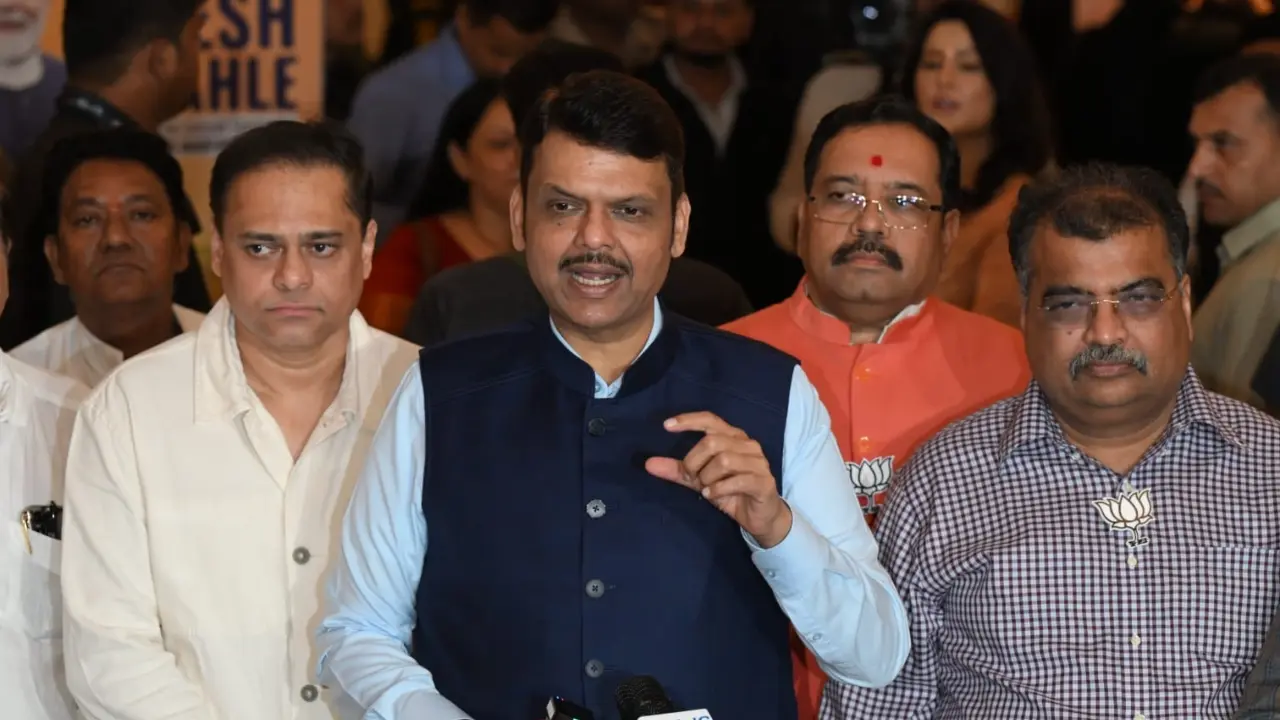Maharashtra CM Devendra Fadnavis has hailed the newly approved Goods and Services Tax (GST) reforms as a “historic initiative” and praised Prime Minister Narendra Modi after his address to the nation on Sunday evening, reported the ANI.
CM Fadnavis called the GST reforms as a “bold and transformative” step to benefit citizens and the economy alike.
Speaking to reporters, CM Fadnavis said that the GST reforms will not only bring down prices of everyday essentials but also give a substantial push to the Atmanirbhar Bharat (self-reliant India) vision.
“These second-generation GST reforms are a bold step. Daily-use products will become cheaper, offering relief to the common man. This move will also boost the Indian economy and support our journey towards self-reliance,” said CM Fadnavis, according to the ANI.
Earlier, Prime Minister Narendra Modi addressed the nation, announcing the beginning of a `GST Bachat Utsav` (Savings Festival) from September 22, coinciding with the start of Shardiya Navratri.
In his speech, Modi urged citizens to embrace Swadeshi (local) and prioritise Made-in-India products, highlighting that the reforms were driven by the mantra of ‘Nagrik Devo Bhava’ (citizen is god).
“Every home should reflect Swadeshi. Every shop should be adorned with locally made products. These goods carry the hard work and sweat of our youth,” said the Prime Minister.
He noted that when combined with recent income tax exemptions, the GST changes would result in public savings worth over ₹2.5 lakh crore annually.
Boost for MSMEs, Handicrafts, and the Economy
PM Modi also stressed that the new GST regime would directly benefit MSMEs, small businesses, and cottage industries, encouraging domestic production and simplifying the tax structure.
“The new rates will ease compliance, reduce costs for consumers, and strengthen our small industries. This is a step towards a developed and self-reliant India,” he said.
The updated GST structure, finalised in the 56th GST Council meeting, reduces the current four-slab tax system to a two-slab structure of 5 per cent and 18 per cent, with a separate 40 per cent slab for luxury and sin goods. This change is expected to benefit sectors ranging from agriculture, textiles, FMCG, automobiles, to renewable energy and medicines.
In particular, textile and handicraft sectors stand to gain significantly, with the inverted duty structure on man-made fibres corrected and GST on yarn and fibres slashed to 5 per cent.
(with ANI inputs)











